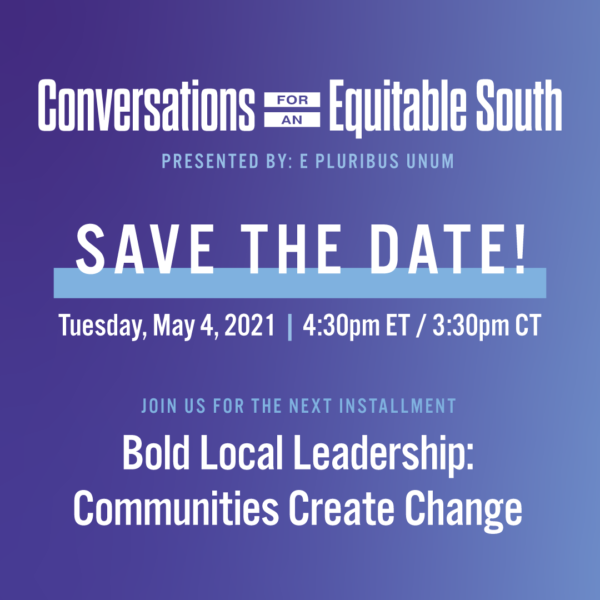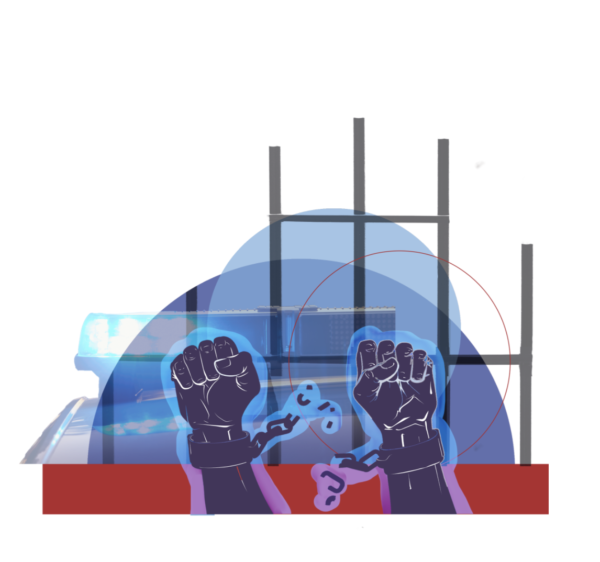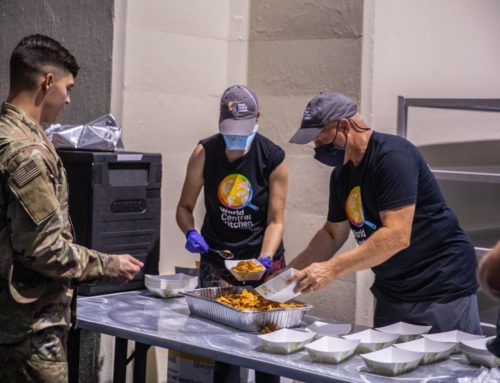The events of the past few weeks, from the police shootings of Daunte Wright and Adam Toledo, to the passage of legislation intended to promote voter suppression, continue to underscore that we have a long way to go to fulfill America’s promise of justice and equal opportunity for every American. Having closely followed the Derek Chauvin trial for the killing of George Floyd, which has been painful and enraging, we are simply so far from that more perfect union.
Over the last year, more of our fellow Americans have joined the conversation and gained a greater understanding of systemic racism. Unfortunately, policy changes that reflect this awareness have been few and fleeting. As I explain in a new piece on CNN.com, the George Floyd Justice in Policing Act is stalled in Congress, state-level voter suppression legislation has exploded, and despite efforts to address it, there are deepening racial gaps across employment and health outcomes due to Covid-19.
To get closer to fulfilling our American aspiration, and frankly, to just be better as a country, we first need a consensus about the impact of racism in the US. Among many policy prescriptions, a Truth and Racial Healing Commission can create a collective understanding of our history while documenting how systemic racism continues to be the root cause of many issues we face today in America.
To read more, click here.
Mitch Landrieu
Founder & President, E Pluribus Unum
In Case You Missed It
EPU launched a new conversation series, Conversations for an Equitable South. For these conversations, we are bringing together some of our country’s great thinkers, activists, advocates, and leaders on the issues of race and equity in the American South. These conversations will provide a space to discuss the lasting impact racism has had on people and institutions and, as a result, will inspire action with the intention of creating racial equity within our communities.

Join us on Tuesday, May 4 for the next conversation in the series where we will hear from some of our UNUM Fellows on the importance of bold local leadership.

Divided By Design Podcast
E3: Criminal (In)justice System
From its origins, systemic racism was a part of the DNA of America’s criminal justice system, from the advent of the slave patrol to laws that ensured both power and privilege were to be maintained by white males of wealth and their families. In “Criminal (In)justice System”, we explore and discuss the history of the American criminal justice system and the various ways in which the criminal justice system has evolved since Reconstruction, but yet maintains a strong grip on the rights and civil liberties of African Americans, women, and other minority groups to this day.
Please listen, rate and share!
News Around the South

POLITICO – Alabama woman’s case becomes test of federal anti-riot law

WASHINGTON POST – Arkansas is finally set to pass a hate-crime law — but critics call it ‘hate crimes lite’

PENSACOLA NEWS JOURNAL –Activists across Florida condemn passage of Gov. Ron DeSantis’ so-called anti-riot bill

YAHOO! NEWS – Georgia police officers push for change in hopes of ending fatal encounters

GAZETTEEXTRA – Louisville cop Jonathan Mattingly writing book about the night Breonna Taylor was killed, but Simon & Schuster drops out

LOUISIANA ILLUMINATOR –La. residents believe police treat Black people worse, LSU survey finds

THE ISLAND PACKET – Family to sue after Black man killed by MS police. Lawyers helped George Floyd’s family

THE STATE – More police shootings bring on more street protests in Durham and Raleigh

WASHINGTON POST – Army sergeant arrested after shoving Black man, saying he’s ‘in the wrong neighborhood’ in viral video

NEWS CHANNEL 6 – Tennessee mayor’s request for release of school shooting video denied

KXAN – Central Texas police officers participate in ‘racial intelligence’ training

WAVY –Local law enforcement: Police officers ‘own’ part of the problem when a traffic stop turns violent

WDVM – Va. police officer fired after Black Army officer pepper-sprayed during stop



